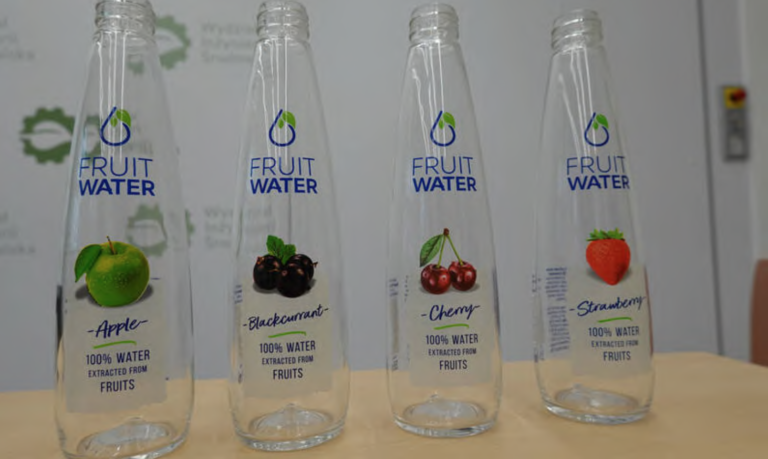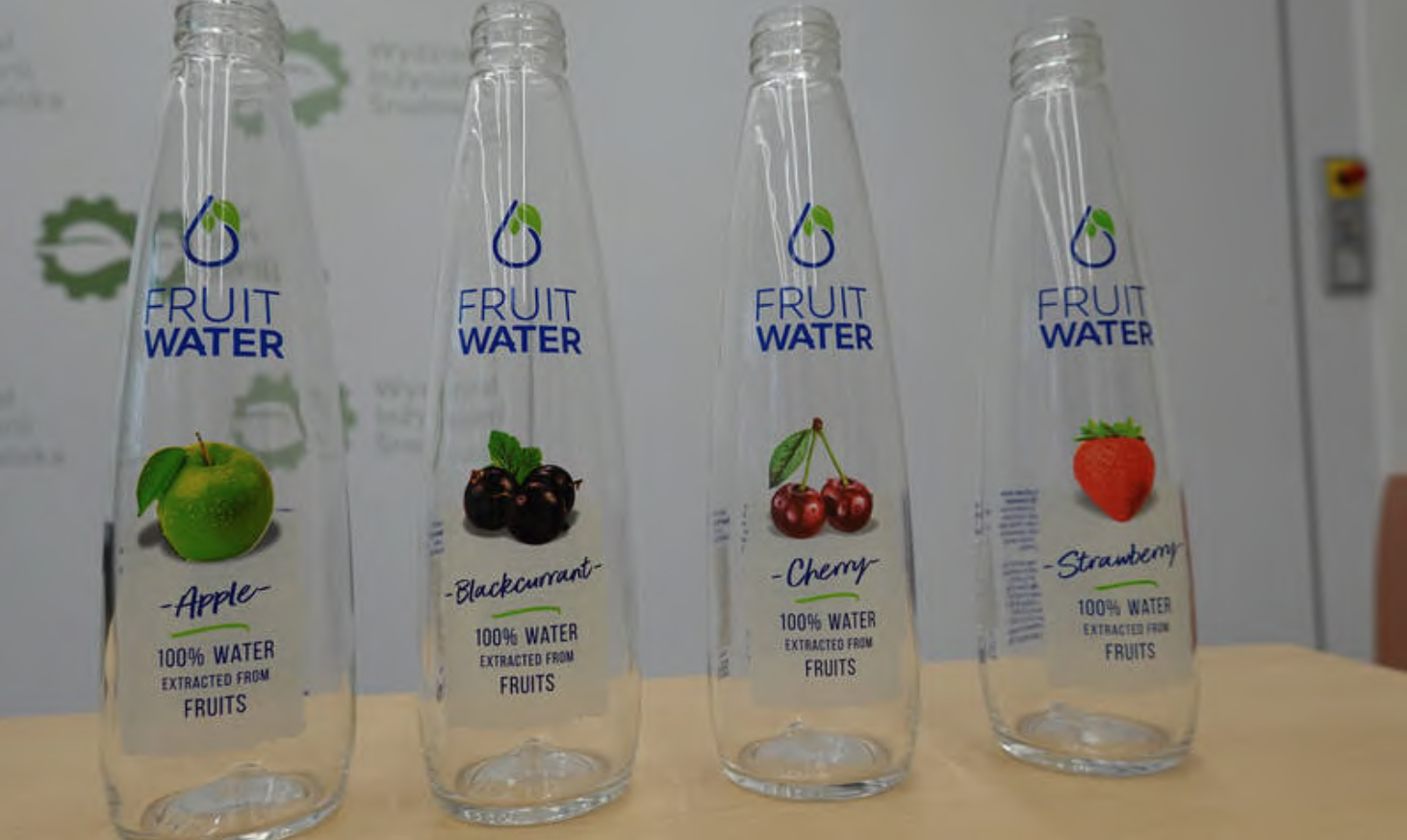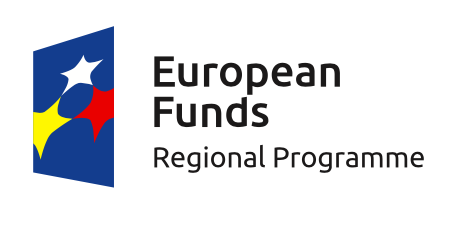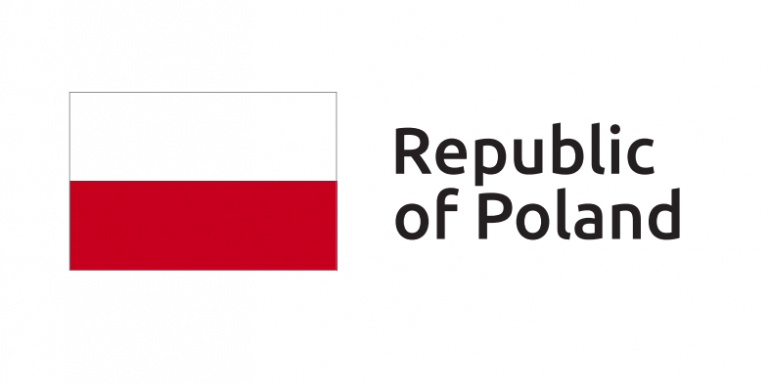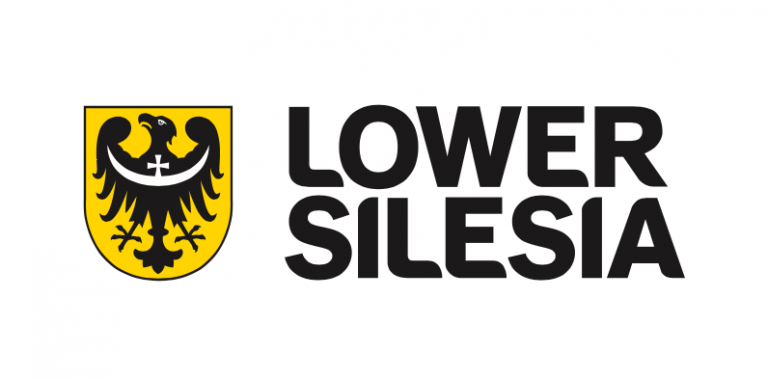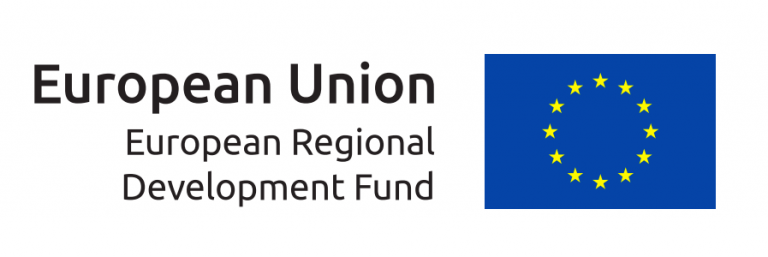Organic Water intends to create, in cooperation with the Wroclaw University of Technology, a design for a modernized line producing aromatic water straight from fruit. In addition to saving water, such a modernized production line would also allow for considerable energy savings, which is of great importance in this project. The installation designed by the university will save about 30 percent of energy.
Paradoxical waste of water and two motives of the Organic Water project
The project’s originators primarily addressed the problem of irrigating crops and wasting water from fruit.
There is no shortage of paradoxes in this industry. For example, citrus trees, whose growing time is much longer than, say, apples, need to be irrigated until they are picked, and they grow best in regions where water is hard to come by. Breslau residents have discovered with disbelief that such a valuable substance, often extracted from deep water, which, after all, does not renew itself, is wasted in the process of producing fruit concentrates and drained by these companies.
Because finished juices are not carted around the world
In order to reduce transportation costs, and storage costs associated with the global export of fruit juices, they are concentrated and the concentrate is distributed, and later in the target sales region, water is added to the concentrates and this is how ready-to-sell juices are made.
During the production process, about 70% of the water it contains is extracted from the fruit juice concentrate. This water is production waste and the producer is forced to incur a not inconsiderable cost associated with its disposal. From apples alone, 1.4 billion liters of concentrate are produced annually, which means that at least 7 billion liters of unusual, unique water is irretrievably wasted. The water from the fruit, is only marginally put into secondary circulation, for example, for washing the fruit. This industry, thanks to the Wroclaw initiative, has a chance to change forever.
Water – one, savings – two
Wroclaw University of Technology has come up with a savings solution. Although it was not at all the university’s goal to change the processing industry, after a chance meeting with the owners of Organic Water, it became clear that such a collaboration could revolutionize the industry worldwide.
The university is currently researching sustainable technologies that reduce energy intensity and close the water cycle in the industry. The solution proposed by Demis Pandelidis, Ph.D., professor at the university’s Department of Mechanical and Energy Engineering, significantly reduces energy consumption during the production of concentrated juice.
“We saw an opportunity to apply and develop this technology practically worldwide. After conducting a market analysis, it turned out that no one had so far implemented a similar technology or launched a similar product. The first meetings confirmed the high interest in the topic.” – Andrzej Plak of Organic Water
The European Commission recognized the project and it moved to the next phase. Will it change manufacturing in the world?
Organic Water, together with the Wroclaw University of Technology, will create a detailed business plan that will outline the exact form of the license distribution rules, as well as the detailed principle of the modernized production line and how it will reduce energy consumption.
Funding from the European Union will allow the construction of a production line whose processes will be based on the assumptions of the Wrocław University of Technology. Flavored water will be created. This will help prove how the technology will work on a large scale.
“In a nutshell, it is a specially selected set of equipment that forms a unified mobile technology module. It makes it possible to reprocess the residual water from the production of concentrates in terms of microbiology, and its mineralization. After such processing, the water can be directed directly to the bottling line.” – Andrzej Plak of Organic Water
Such a module will be able to be connected to any production line in the world providing benefits to the environment, concentrate producers, and water consumers. Water on the production line would be further mineralized with minerals from the North Atlantic.
Organic Water with bio-certification, or water from certified fruit crops, would be the first to hit the market. In contrast, water without certification would be called Fruit Water. Fruit Water is planned to be extracted from four kinds of fruit to begin with: strawberry, black currant, cherry and apple. And it’s worth mentioning that Poland is one of the largest producers of apples.
When will the product go on sale?
The project must first be positively evaluated by the European Commission. Then the company will be able to receive a grant of €2.5 million, and €17 million in equity funding to finance a full-scale ZERO WASTE fruit juice concentrate and water production line. If the project in this phase proves successful, the fruit concentrate and water production modules will be sold to other companies, which, under the corresponding Organic Water license, will be able to create water from fruit on site and sell it. They will also save electricity thanks to the upgraded production line. The product will first go to a chain of good hotels and cafes and restaurants, mainly outside Poland. In the next step, the product will appear in the packaged retail market.




